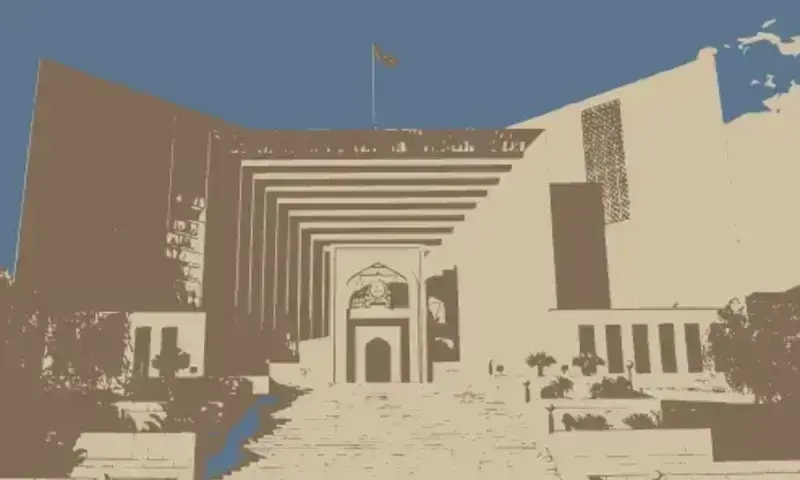SC rules only Supreme Judicial Council can hold judges accountable
The Supreme Court has ruled that one judge cannot issue orders against another judge of the same court, setting aside contempt proceedings initiated against members of the Practice and Procedure Committee.
The detailed 11-page judgment, authored by Justice Jamal Khan Mandokhail and issued on an intra-court appeal filed by former deputy registrar Nazar Abbas, was announced by a six-member bench.
The bench comprised Justice Mandokhail, Justice Muhammad Ali Mazhar, Justice Athar Minallah, Justice Syed Hasan Azhar Rizvi, Justice Shahid Waheed, and Justice Musarrat Hilali.
The verdict held that after the 26th Constitutional Amendment, only a constitutional bench had jurisdiction to hear such cases.
Orders passed by a regular bench on January 21 and 27 had “no legal effect.”
The judgment stressed that under Article 204, judges cannot initiate contempt proceedings against one another, as they enjoy constitutional protection.
Any accountability of judges, it said, lies exclusively with the Supreme Judicial Council (SJC) under Article 209, not with fellow judges or other judicial forums.
The court further observed that judges are immune from writs or proceedings initiated by their peers under Article 199, adding that interference in internal judicial matters undermines the justice system.
Referring to the Muhammad Ikram Chaudhry case, it reiterated that no judge of the Supreme Court or High Court is answerable before another judge of the same court.
The judgment said that the judiciary is a pillar of the democratic state and guardian of the rule of law, warning that contempt proceedings among judges would harm the system of justice.
For the latest news, follow us on Twitter @Aaj_Urdu. We are also on Facebook, Instagram and YouTube.
























Comments are closed on this story.